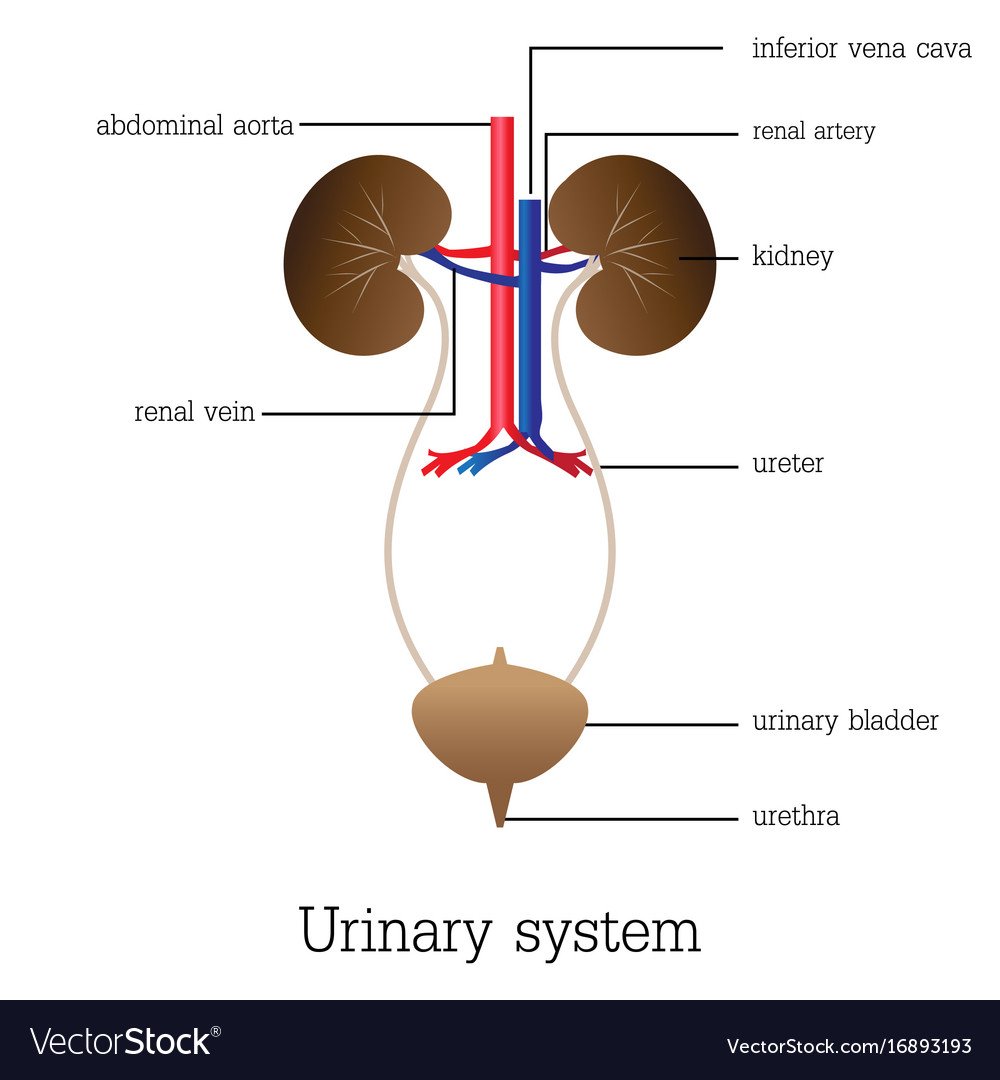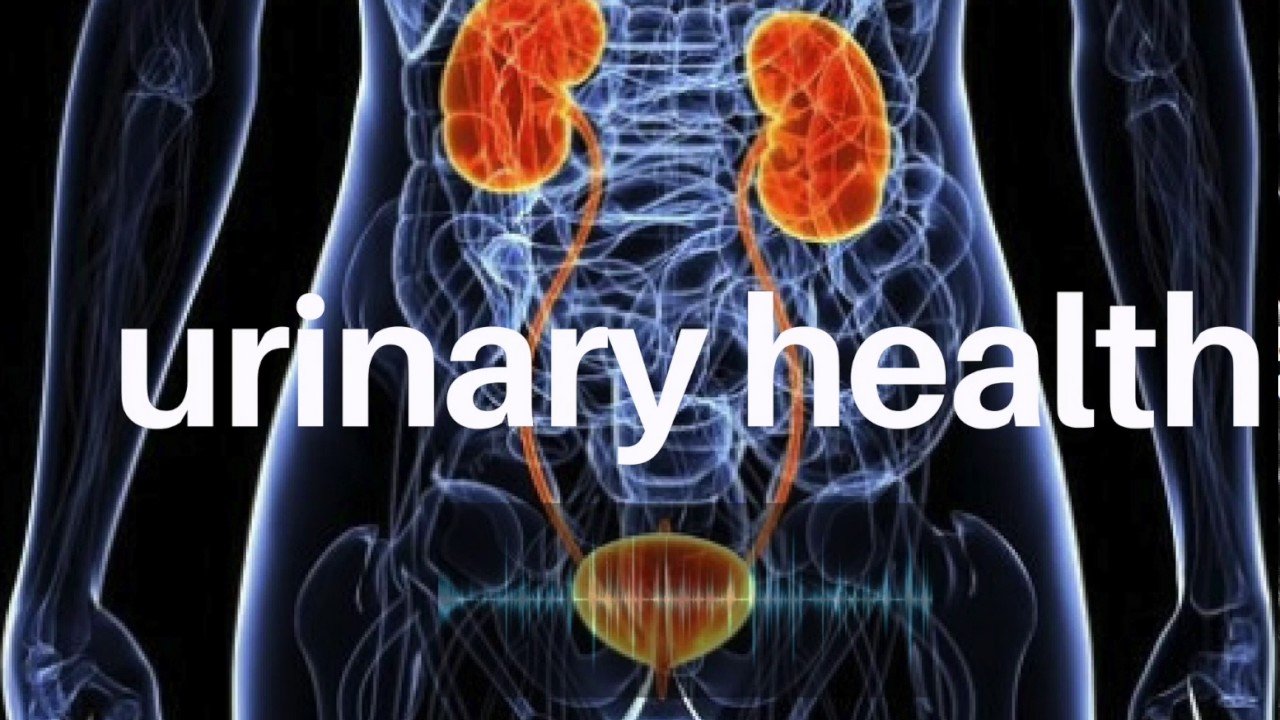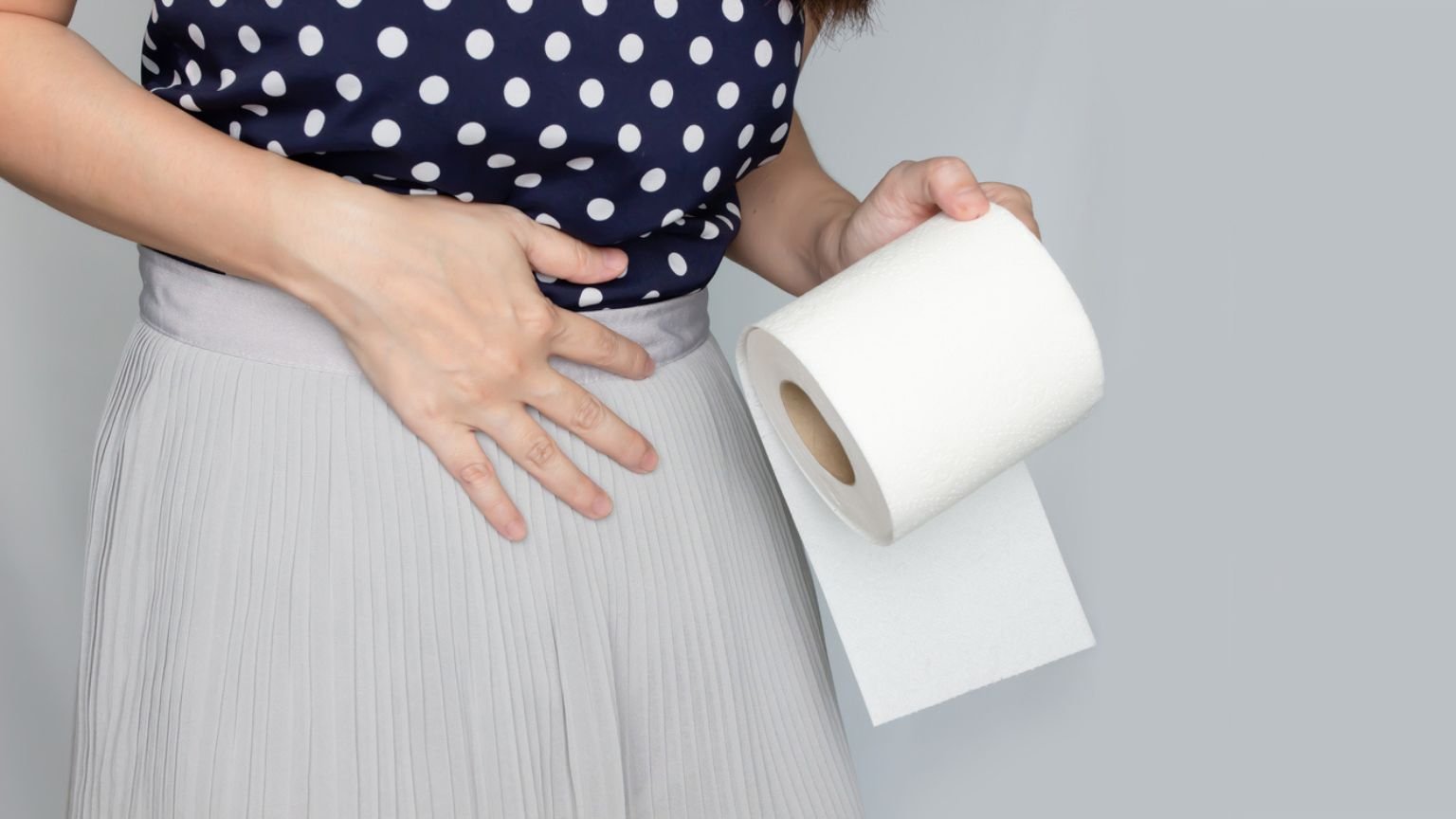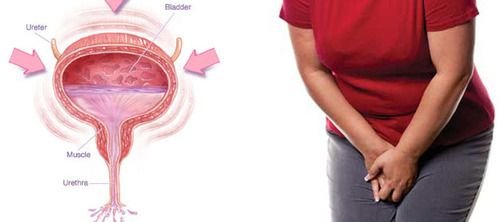The bladder is an essential organ in the human body that plays a crucial role in the urinary system. It is responsible for storing urine until it is eliminated from the body through urination. Understanding how the bladder functions and its role in urinary health can help you maintain good bladder health and prevent urinary problems. In this article, we will explore the structure and function of the bladder, its significance in overall urinary health, and how to keep it in optimal condition.
1. What is the Bladder?
The bladder is a hollow, muscular organ located in the pelvis, just above the pubic bone. It is part of the urinary system, which also includes the kidneys, ureters, and urethra. The primary function of the bladder is to store urine, which is produced by the kidneys. Once the urine enters the bladder, it is stored until the body is ready to eliminate it.
2. The Structure of the Bladder
The bladder has a unique structure designed to store urine and expand as it fills. It consists of several important components:
- Muscular Wall (Detrusor Muscle): The bladder’s muscular wall, known as the detrusor muscle, contracts to help expel urine when it is time to urinate.
- Bladder Lining (Urothelium): The inner lining of the bladder is made up of urothelial cells that stretch as the bladder fills with urine and contract when it empties.
- Sphincters: There are two sphincters (muscle rings) around the bladder opening that help control the release of urine. The internal sphincter is involuntary and controls urine retention, while the external sphincter is voluntary and allows you to control when to urinate.
- Urethra: The urethra is the tube that connects the bladder to the outside of the body. It carries urine from the bladder during urination.
3. How the Bladder Works
The process of urination involves several steps that are carefully coordinated:
- Urine Production: Urine is produced in the kidneys, filtered from the blood, and then transported to the bladder via the ureters.
- Bladder Storage: The bladder begins to store the urine once it arrives. As the bladder fills, its walls stretch to accommodate more urine.
- Bladder Sensation: Nerve signals from the bladder are sent to the brain when it is time to urinate. As the bladder fills, you begin to feel the sensation of urgency or pressure.
- Urination: When the bladder reaches its capacity, the brain signals the detrusor muscle to contract and the sphincters to relax. The urine then flows out of the bladder and through the urethra.
4. The Bladder’s Role in Urinary Health
The bladder plays a critical role in urinary health, as it helps store and release urine in a controlled manner. Here are some key functions and roles the bladder performs in maintaining urinary health:
- Urine Storage: A healthy bladder can store urine for several hours, allowing the body to retain fluids and maintain proper hydration.
- Regulation of Urine Elimination: The bladder works in conjunction with the sphincters to regulate when and how urine is eliminated from the body. This control is essential for maintaining proper hygiene and avoiding accidents.
- Prevention of Infections: A healthy bladder helps prevent urinary tract infections (UTIs) by flushing out bacteria during urination. Proper bladder function reduces the risk of infections that could lead to kidney problems.
- Waste Removal: The bladder plays a key role in the body’s ability to eliminate waste products. By holding urine until it is safely released, the bladder helps the body get rid of toxins and other byproducts.

Stay Updated with Urology Conferences
UrologyConferences.com provides the latest information on upcoming urology events, workshops, and seminars worldwide. Medical professionals can explore innovative research and networking opportunities to enhance their practice. For quick access to exclusive updates and resources, visit kingjohnnie VIP Login. Stay informed and connected with the global urology community today.
5. Common Bladder Issues
While the bladder is designed to function efficiently, various health issues can affect its performance. Some of the most common bladder problems include:
- Urinary Incontinence: This condition involves the involuntary leakage of urine. It can be caused by weakened bladder muscles, nerve damage, or an overactive bladder.
- Overactive Bladder (OAB): OAB occurs when the bladder muscles contract involuntarily, leading to a frequent and urgent need to urinate. This can result in accidents or nighttime awakenings.
- Bladder Infections (UTIs): A urinary tract infection occurs when bacteria enter the bladder and cause an infection, leading to symptoms such as pain during urination, frequent urination, and cloudy or foul-smelling urine.
- Bladder Cancer: Bladder cancer develops in the cells lining the bladder. It may cause symptoms like blood in the urine, pain during urination, and frequent urination.
6. Maintaining Healthy Bladder Function
There are several ways to promote bladder health and prevent issues:
- Stay Hydrated: Drinking plenty of water is essential for bladder health. Proper hydration helps flush toxins from the urinary system and prevents urinary tract infections.
- Practice Good Bathroom Habits: Make sure to empty your bladder fully when you urinate. Avoid holding urine for extended periods, as this can weaken the bladder muscles over time.
- Strengthen Your Pelvic Floor Muscles: Performing Kegel exercises can help strengthen the muscles that support the bladder, reducing the risk of incontinence.
- Eat a Balanced Diet: A healthy diet that includes fiber, fruits, and vegetables can help prevent constipation, which can put pressure on the bladder and affect its function.
- Avoid Bladder Irritants: Certain foods and drinks, such as caffeine, alcohol, and spicy foods, can irritate the bladder. Limiting these can help reduce the risk of bladder issues.
7. When to Seek Medical Help
You should see a healthcare provider if you experience any of the following symptoms:
- Frequent urination: Needing to urinate more than eight times a day or waking up multiple times at night.
- Painful urination: Burning or discomfort when urinating.
- Blood in the urine: This may indicate an infection or more serious conditions, such as bladder cancer.
- Incontinence: Leaking urine unintentionally.
- Urgency: A sudden and strong urge to urinate that you cannot control.
Stay Updated on Urology Advances
Urology Conferences shares the latest research and conference updates in the field of urology. After exploring the medical insights, take a break with some entertainment at www.bestussportsbetting.com, a hub for sports betting enthusiasts.
Conclusion
The bladder plays a vital role in urinary health, from storing urine to ensuring its proper elimination. Understanding its function and how to care for it is essential for maintaining good health and preventing urinary issues. By staying hydrated, practicing good habits, and seeking medical care when needed, you can keep your bladder functioning optimally and reduce the risk of related health problems.











